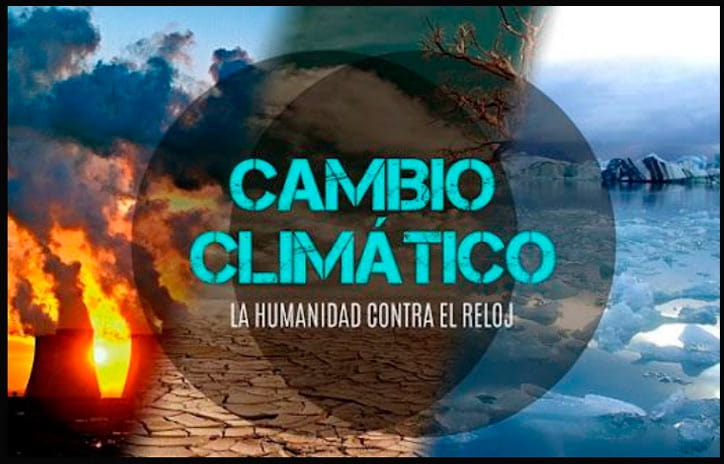
Cuba and the United Nations Program will sign a project on climate adaptation
Representatives of the Ministry of Science, Technology and Environment and the United Nations Development Program (UNDP) will sign this Thursday in Havana a project called My Coast.
José Fidel Santana Núñez, first deputy minister of CITMA and Consuelo Vidal, UNDP resident coordinator in Cuba, will sing the document of this project financed by the Green Climate Fund(GCF), informed Elier Tamayo García, communications specialist of the Cuban Agency.
The GCF was created in 2020 at its headquarters in Songdo, a new district of Incheon, South Korea to help developing countries in practices of adaptation to climate change and mitigation of its effects, according to its website.
It notes that at its March 19th session it was approved $23.9 million in funding for resilience project along the coastline south of Cuba for its first eight years.
It adds that it will be complemented by the Cuban government with a view to implement an adaptation approach based on ecosystems for coastal protection.
The 30-year project Mi Costa (My Coast) will improve the climate resilience of more than 1.3 million people and protect vulnerable coastal habitats, it was in the information.
Its introduction is in charge of CITMA, and with the support of the UNDP will contribute to the implementation of the Paris Agreement, adopted on April 22nd ,2016 at the UN Framework Convention on climate change in order to stablish measures for the reduction of greenhouse gas emissions.
One of its essentials objectives in the case of Cuba is to contribute in the strengthening of ecosystem –based approaches along 1300 km of coastline in 24 municipalities.
It also provides an important basis for the implementation of the State Plan to confront climate change, known as Tarea Vida.
Cuba is highly vulnerable to the impacts of climate change and the Cuban government is showing impressing results towards sustainable development, coastal erosion, flooding, saline intrusion, drought and sea level rise, which threaten these hard-won economic and social achievements.
Ratified by the 33 countries of Latin America and the Caribbean, the United Nations Framework Covention on Climate change entered into force in March 1994, with the aim of stabilizing greenhouse gas concentrations in the atmosphere at a level that would prevent dangerous anthropogenic interference with the climate system.
The project foresees the restoration of more than 11,000 hectares of mangrove forest, 3000 hectares of swamp forest and 900 hectares of swam grassland. It will also contribute to improving the health of more than 9000 hectares of seagrass and approximately 134 km of coral reef crest, essential protective barriers against sea level rising and storm surge.
The integrated approach will allow the ecosystems to act as a barrier to the impacts of climate change, which manifest themselves in coastal erosion, while controlling saline intrusion.
Mi Costa will be the result of a successful coastal resilience project, Mangrove Alive, funded by the Adaptation Fund and implemented by the UNDP and the Environment Agency.
Source: Havana Tribune